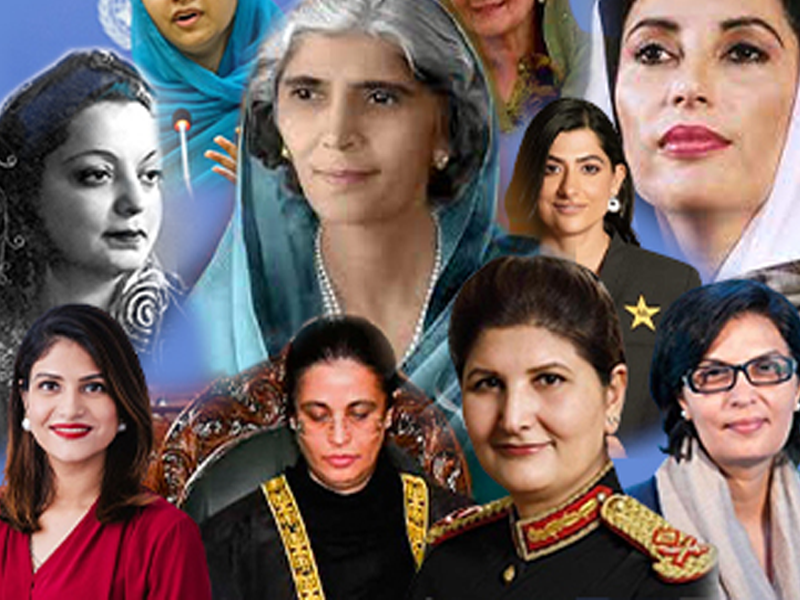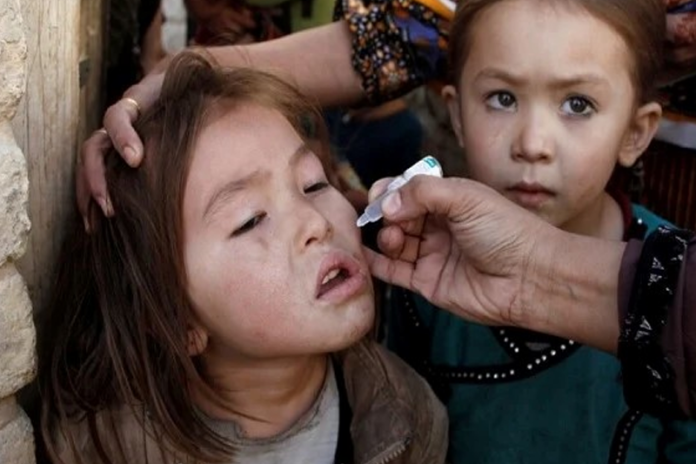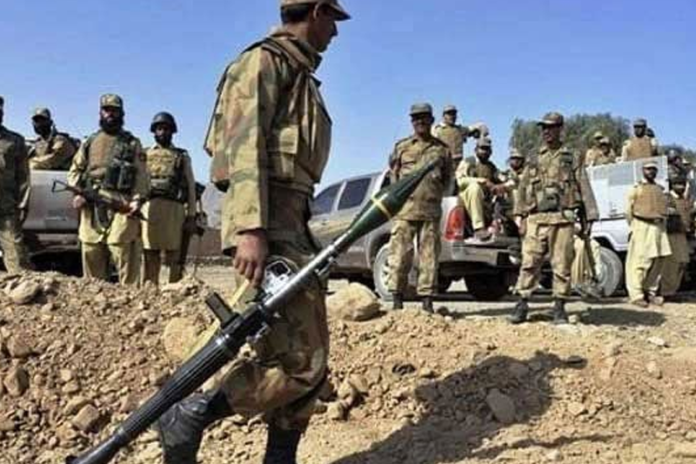Role of women in politics and governance in Pakistan

- 250
- 0
In the realm of politics and governance in Pakistan, women have steadily been making strides despite enduring significant challenges.
Historically, Pakistan has been a patriarchal society where women’s participation in public and political spheres has been limited. However, over the years, various legislative and societal changes have paved the way for greater inclusion and representation of women in politics. Challenges Faced by Women in Politics The journey of women in Pakistani politics is fraught with challenges. One of the primary obstacles is the deeply entrenched patriarchal mindset that often undermines women’s capabilities and leadership potential. Cultural norms and societal expectations frequently dictate that women’s primary role should be within the domestic sphere rather than in public office. This has resulted in systemic barriers such as gender discrimination, lack of support from political parties, and limited access to resources for campaigning.
Moreover, women in politics often face threats to their personal safety and security, particularly in conservative regions were traditional values clash with modern aspirations. Intimidation tactics, harassment, and violence are not uncommon, discouraging many women from entering or remaining active in politics. Legislative Reforms and Progress Despite these challenges, Pakistan has witnessed significant legislative reforms aimed at enhancing women’s participation in politics. One pivotal development was the introduction of reserved seats for women in the National Assembly and provincial assemblies through the Women’s Reservation Bill in 2002. This quota system mandates a certain number of seats to be allocated for women, ensuring their representation in decision-making bodies. Additionally, political parties are increasingly recognizing the importance of women’s representation and participation. Many parties have implemented internal quotas to nominate women candidates for general seats, although implementation and compliance vary. Successes and Contributions The presence of women in Pakistan’s political landscape has brought about positive changes and contributions. Women parliamentarians have actively championed legislation on crucial issues such as women’s rights, education, healthcare, and social welfare. Their perspectives and advocacy have enriched policy discussions and led to the enactment of laws aimed at protecting and empowering women. Furthermore, women leaders have emerged as role models and catalysts for societal change. They have inspired younger generations of women to aspire for leadership roles and pursue careers in politics and public service. Their visibility and achievements have helped challenge stereotypes and reshape perceptions about women’s capabilities in governance. The Path Forward: Ensuring Sustainable Progress While progress has been made, there is still much to be done to achieve gender equality in politics and governance in Pakistan. It is essential to address the underlying socio-cultural barriers that hinder women’s full participation and leadership.
This includes promoting gender-sensitive education, raising awareness about women’s rights, and fostering a supportive environment within political parties and institutions. Furthermore, enhancing women’s access to resources such as funding, training, and mentorship opportunities is crucial for leveling the playing field. Ensuring the safety and security of women politicians and activists through effective legal protections and enforcement mechanisms is also paramount. Empowering women economically and socially will contribute to their greater participation in politics and governance. Initiatives that promote women’s economic independence, entrepreneurship, and community leadership can help build a pipeline of capable and empowered women leaders. In conclusion, while challenges persist, the increasing participation of women in politics and governance in Pakistan represents a positive trajectory towards inclusive and representative democracy. By addressing barriers, celebrating successes, and committing to sustained efforts, Pakistan can continue to harness the potential of women as agents of change and progress in the political arena.

















































